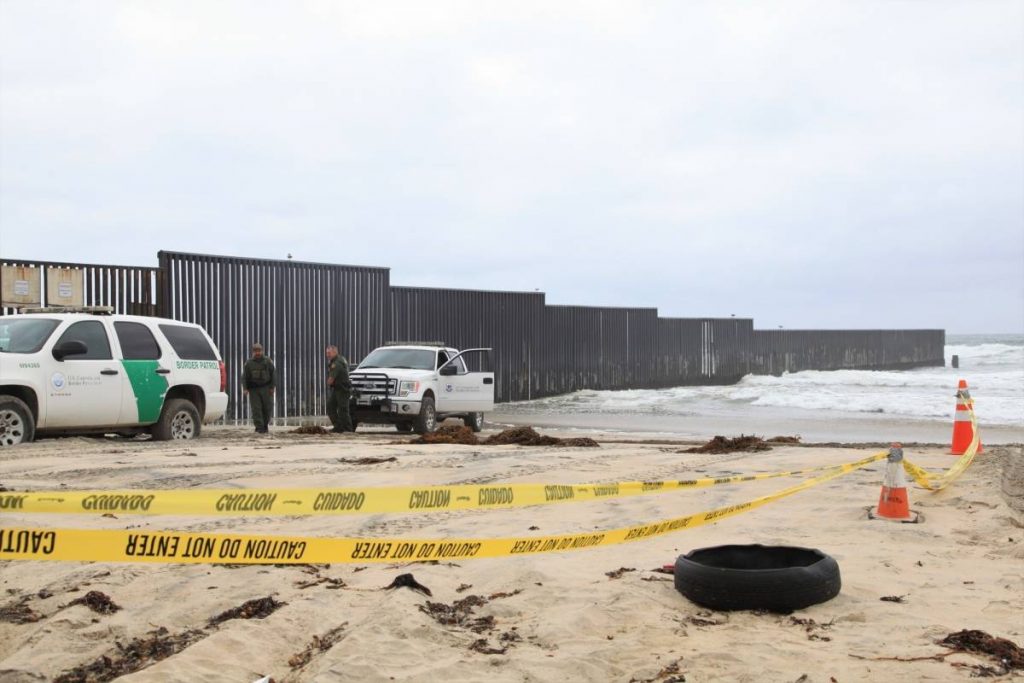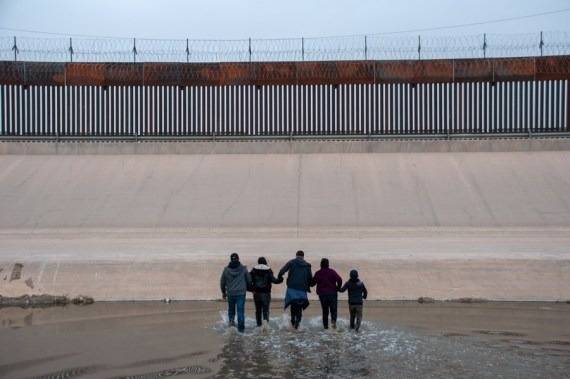Estimates say the US has 2 million fewer immigrants than it would have if the migratory flow had maintained its pre-pandemic volume…reports Asian Lite News
The United States’ mishandling of the immigration influx on its southern border is generating a human rights crisis for regional communities.
Mexican towns along the border are struggling to accommodate swelling numbers of undocumented migrants refused entry by the US, leaving the refugees increasingly exposed to unsafe, unsanitary and unsustainable conditions, Xinhua news agency reported.
Rosalina, a Honduran who seeks to enter the US legally, has been staying in the Mexican border town of Reynosa for six months.
She hopes for bringing her daughter to the US, to reunite with her husband and two other children.
Rosalina’s immigration procedures were delayed due to Title 42, a Donald Trump-era regulation that allows US immigration authorities to ban migrants from entrance on the grounds of preventing the spread of COVID-19.

Rosalina is one of 2,000 migrants recently transferred to the city’s Senda de Vida migrant shelter, after living in a makeshift camp at a square in Reynosa.
Senda de Vida is located less than 50 metres from the border river Rio Grande.
According to data from the US Customs and Border Protection, since the beginning of the current fiscal year, which began in October, US immigration authorities have detained more than 1.2 million undocumented migrants, many of whom risked their lives to cross the Rio Grande.
According to US media, recent immigration restrictions have led to a noticeable shortage of labour in US sectors that traditionally employ immigrants, such as agriculture and construction.
Estimates say the US has 2 million fewer immigrants than it would have if the migratory flow had maintained its pre-pandemic volume.
The US government recently announced Title 42 will no longer be implemented as of May 23, but a federal court in Louisiana filed a temporary restraining order on the decision to prolong its application indefinitely.

Leave a Reply